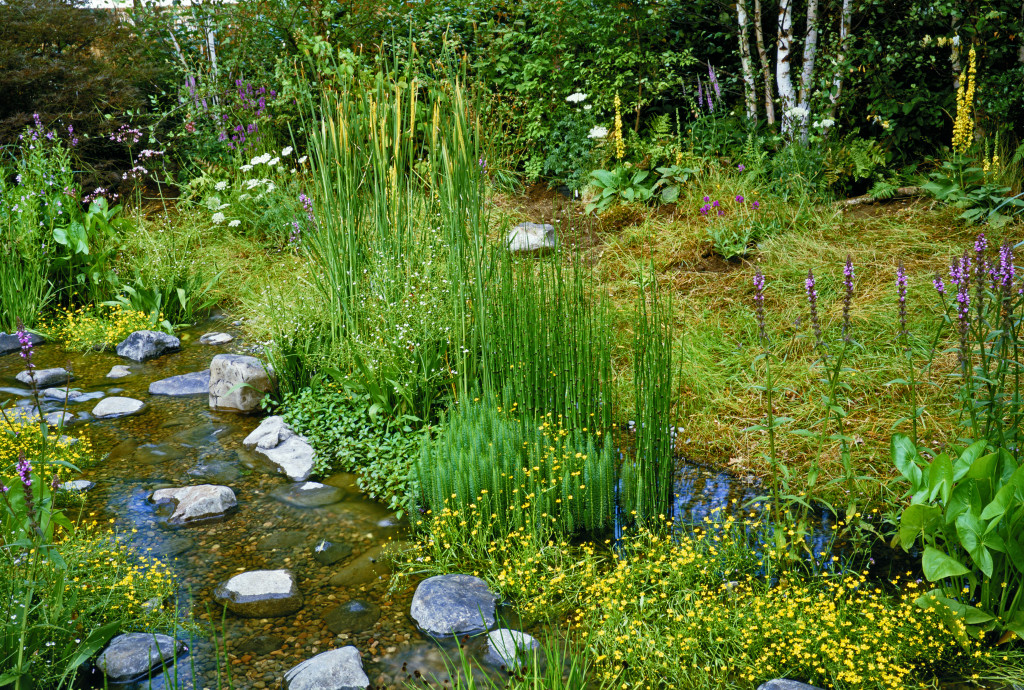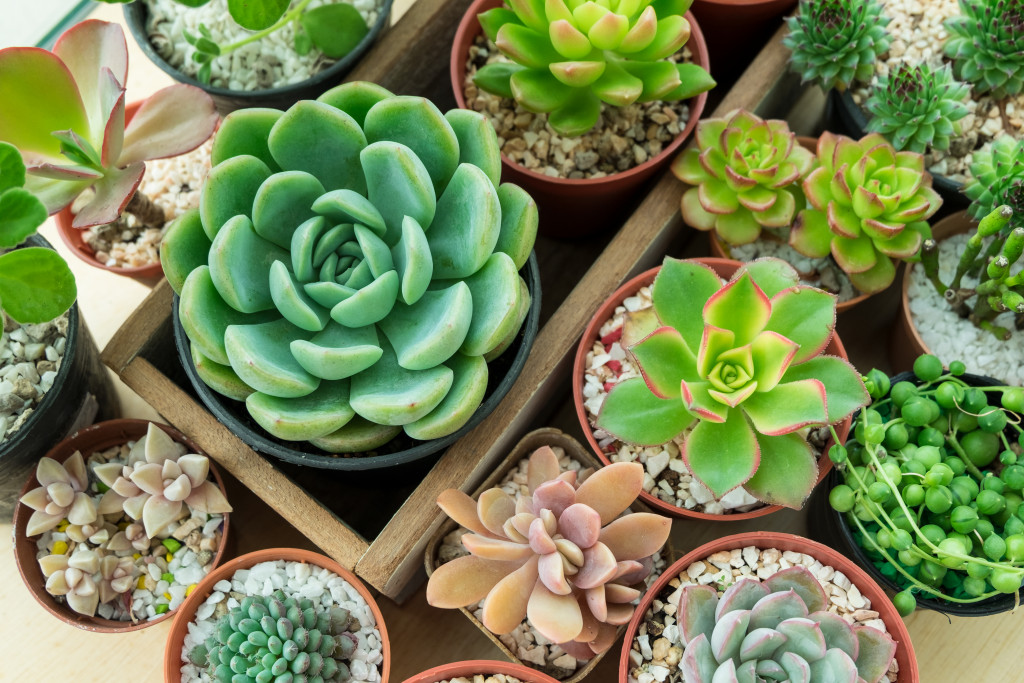Minimalism is not just a term anyone can use and throw around to impress people. This is the exact contradiction of what the essence of minimalism truly is. Minimalism is a mindset and a manifestation of mental revolution against the elements of a quite vain, extra, and filtered world.
One of the most peaceful hobbies in the world today is gardening. Some people pluck flowers out of a whim and throw them away or give them to someone. However, there are those who groom and take care of their gardens, reflecting human diversity.
Here are ways you can achieve a minimalist garden:
1. Unification
One of the messages that minimalism is trying to portray is oneness. Thus, the ridding of the unnecessary is reasonably necessary. This does not necessarily mean you should have just one plant in your garden; you can have a lot. However, it is best if all of them will look uniform, collectively. This is in tune with the basics of harmony, divided by notes united by one song.
2. Measurement
Uniformity does not only include the theme but also with mathematical relevance of how your garden looks. It would be best to use the most efficient types of pottery, and its measurement should. To achieve symmetry, one must employ the disciplines offered by numbers. Your garden should be able to handle the capacity of what you place within; the dimensions and borders should be at most equal or approximate with each other. To achieve a minimalist backyard, you have to ensure that your patio is one with the theme. You can look into homebuilder websites like justpatios.com.au to look into patio design ideas that are more on the minimalist side. The slightest discrepancies when it comes to measurement would significantly be seen or felt. There is always that emotional connection when it comes to mathematical symmetry.
3. Equilibrium
The minimalist would always want to avoid excess or the unnecessary, but this does not mean to dwell on the exact opposite, to scrimp or to be thrifty; this too is unnecessary in its own way. If you’re capable, then there is no need to be frugal. Minimalism is about being genuine, and the most authentic display of consciousness is balance with all.
4. Prominence
Human eyes are quick to identify prominence and also the lack of it. The key to a balanced garden is to use this prominence or dominance the right way. The emotional connection people have with an overly dominant garden is to stay away from it. Having shrubs and flowers and only one dominant tree would be a source of comfort as opposed to 1 flower surrounded by wild woods.

5. Diversity
A minimalist garden does not mean having any variety at all. A minimalist may have more than one but of different kinds, colors, shapes, or sizes. Diversity would make your garden look and feel abundant, and abundance is different from excess. Abundance is being rich while adding unnecessary details is wasteful.
6. Pattern
Decorating is always a fun thing to do. However, it is very tempting to fall into the trap of overdecorating. This lack of a balanced sense of pattern would affect the overall outcome of your garden, so, when decorating, it would be best to have healthy patterns to follow or a design to show.
7. Linear
Everything we see is just a display of the various potentials and creativity of what a line is capable of. After all, shapes are simply a combination of lines. The linear game in gardens can be quite challenging; this would have something more to do with balancing the sizes of upright plants and making sure it’s maintained to have a balanced linear look.
8. Structure
Your garden must also have the element of structure; it would be quite tempting to have a plain garden. However, this is not the essence of minimalism. A structured and sustaining garden makes use out of space, plants, and design.
9. Color
When having a garden, the color sequence is significant. This will either make your garden look like it can do better or a perfect example of what a garden should be.
10. Simplicity
The central theme of a minimalist garden is simplicity, but never ordinary. It should be silent but strong, beautiful and purposeful, and always necessarily balanced.
Starting a garden can be challenging. But never forget when it comes to gardens, less is always beautiful. This means less maintenance and less withering. Thus, taking care of a simple garden is more manageable. And if you plan to start a minimalist garden, it should speak of balance and unity. It is surprising how a seemingly innocent garden can convey a message, which is the essence of minimalism.



